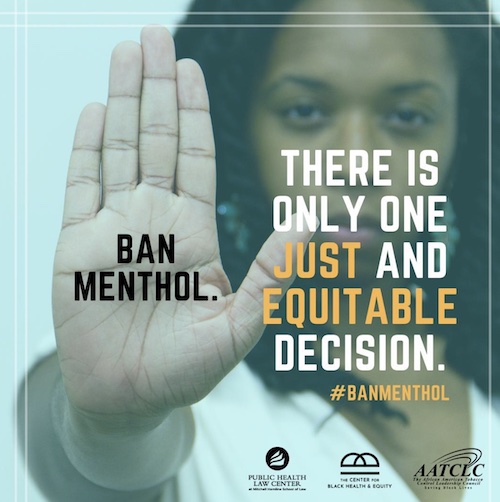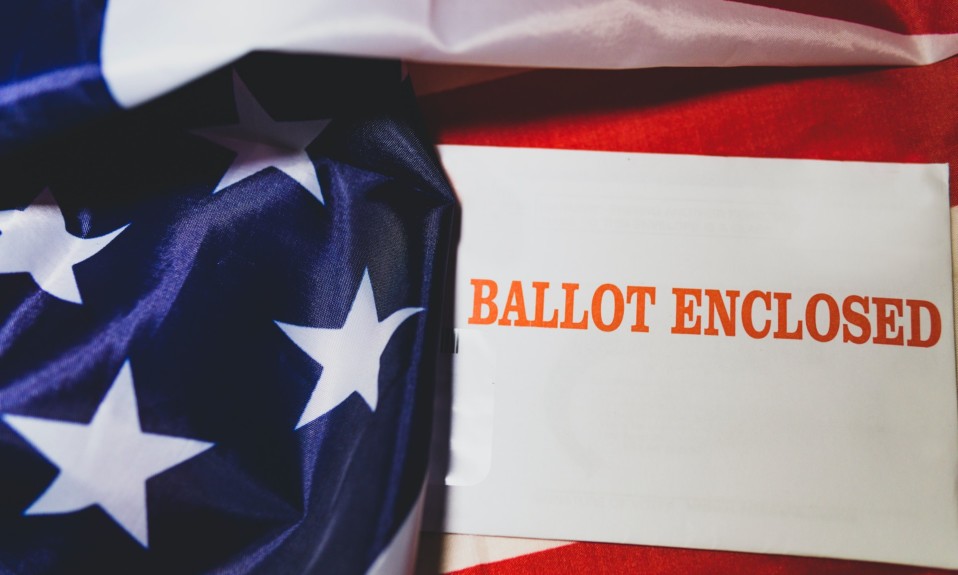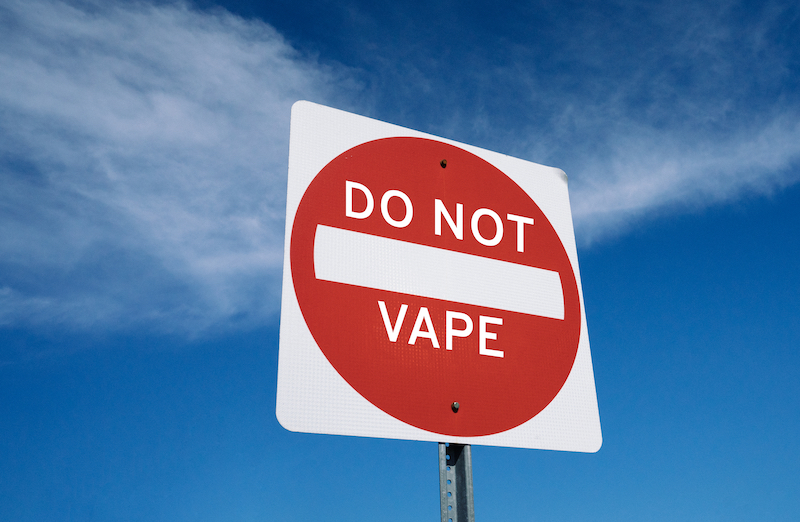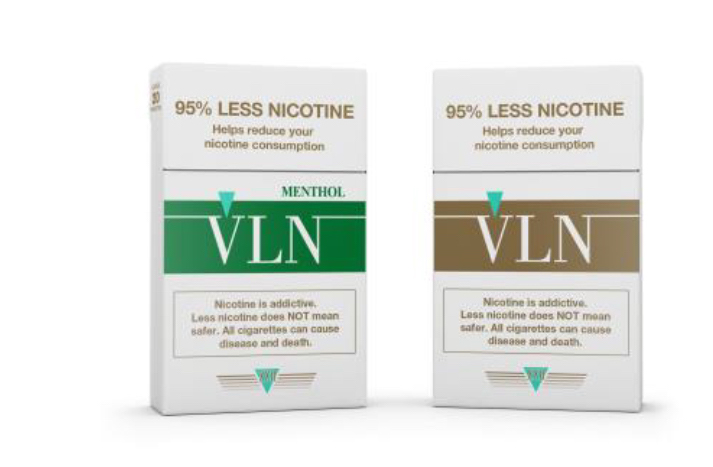Advocates wish e-cigs had been addressed. Critics say the menthol market will just go underground. Enactment could be years off
By Jennifer Taylor
Health advocates and civil rights organizations hailed last Thursday’s landmark proposal by the U.S. Food and Drug Administration (FDA) to ban menthol-flavored cigarettes and all flavors of cigars. But the cheers were tempered, as groups noted that the proposal is only a small step in a very long process—one that at the moment does not address the pressing issue of e-cigarettes.
“We’re still a long way out from products being removed from shelves, but I’m thrilled we’ve finally made it to this point,” said Desmond Jenson, lead senior staff attorney for federal legislation at the Public Health Law Center in Minnesota.
“We remain deeply concerned that [the] FDA appears to have put aside menthol e-cigs.”
—Meredith Berkman, founder, Parents Against Vaping e-cigs
“Obviously, we are thrilled by today’s long-overdue historic action,” Meredith Berkman, founder of Parents Against Vaping e-cigarettes (PAVe), said in a statement to TreatmentMagazine.com. “But we remain deeply concerned that [the] FDA appears to have put aside menthol e-cigs as a special category when authorizing tobacco-flavored products from companies. Menthol hooks kids and initiates them into tobacco use: [the] FDA should end sales of menthol e-cigs if they want to protect kids from the ongoing predatory behavior of the tobacco industry.”
The FDA’s action came in response to a citizen petition for a menthol ban filed nearly a decade ago by the Public Health Law Center and 19 other national organizations. At that time, Jenson noted, the FDA didn’t regulate e-cigarettes.
Menthol’s Dangers

Menthol is a flavor additive with a mint taste and scent. By design, it reduces the irritation and harshness of smoking while increasing the appeal by making the product easier to consume. Menthol also interacts with nicotine in the brain to enhance the drug’s addictive properties. The combination of those effects increases the likelihood that youth who start using menthol cigarettes will become addicted, the FDA says. Similarly, cigar flavors such as strawberry, grape, chocolate and fruit punch also increase their appeal, particularly among youth and young adults.
The proposed ban is based on “clear science and evidence” that establishes the addictive nature and harm of these products, the FDA said in its announcement. The action also builds on the Family Smoking Prevention and Tobacco Control Act, passed in 2009, which prohibited all flavors in cigarettes with the exception of tobacco and menthol.
Tobacco is the leading cause of cancer and of deaths from cancer in the U.S., accounting for about 30% of all cancer fatalities, according to the FDA. Several hundred cities in the U.S. have banned menthol flavoring in tobacco, and Massachusetts and California have passed statewide bans, though California’s action is on hold pending a referendum in November. The European Union, the U.K. and Canada are the largest foreign jurisdictions to outlaw menthol tobacco.
“This is a giant step forward in reducing health disparities caused by smoking.”
—Carol McGruder, African American Tobacco Control Leadership Council
The African American Tobacco Control Leadership Council celebrated the FDA proposal in a statement on its website, saying that, if enacted, the ban could save hundreds of thousands of lives, especially among Black smokers. The organization points to “decades of predatory marketing of mentholated tobacco products in Black communities,” causing higher rates of smoking-related illness and death.
“This is a giant step forward in reducing health disparities caused by smoking,” said Carol McGruder, co-chair of the African American Tobacco Control Leadership Council.
However, there are concerns about the proposal from a civil rights perspective. Aamra Ahmad, senior legislative counsel with the American Civil Liberties Union, said in a statement that the ban “will disproportionately impact Black and Brown communities,” pointing to the 2014 killing of Eric Garner, a Black man, by a New York City police officer during an attempted arrest for selling loose, untaxed cigarettes.
The Tobacco Industry Weighs In
Tobacco interests suggested that sales of menthol cigarettes would be driven underground by the ban, with harmful effects. Altria Group, the parent company of Phillip Morris, said in a statement that taking such products out of the legal marketplace will create unregulated, criminal markets that ignore minimum age laws. “We believe harm reduction, not prohibition, is the better path forward,” the statement read.
The Association for Convenience & Fuel Retailing, a convenience store trade group, struck a similar note. “History has proven that prohibition of a legal product that has an established user base doesn’t work and has negative consequences for our communities,” said Anna Blom, director of government relations for the organization.
In its announcement last week, the FDA said enforcement will only address tobacco manufacturers, distributors, wholesalers, importers and retailers; it said it can’t and won’t go after individual consumers for possession or use of menthol cigarettes or flavored cigars.
What’s Next for the Menthol Ban
The FDA will open up public comment on the proposal beginning this week, and will convene public listening sessions on June 13 and June 15. The public will have the opportunity to submit either electronic or written comments through July 5.
Implementation of the law, however, could be years away. Noting that the tobacco industry is already pushing back, Jenson expects a variety of lawsuits challenging the ban.
“This would probably be the first tobacco control measure in decades that will have measurable impact on the companies’ bottom lines,” he said. “For an industry this litigious, it’s naive to expect anything less than all-out war.”
Top photo: Lilartsy














